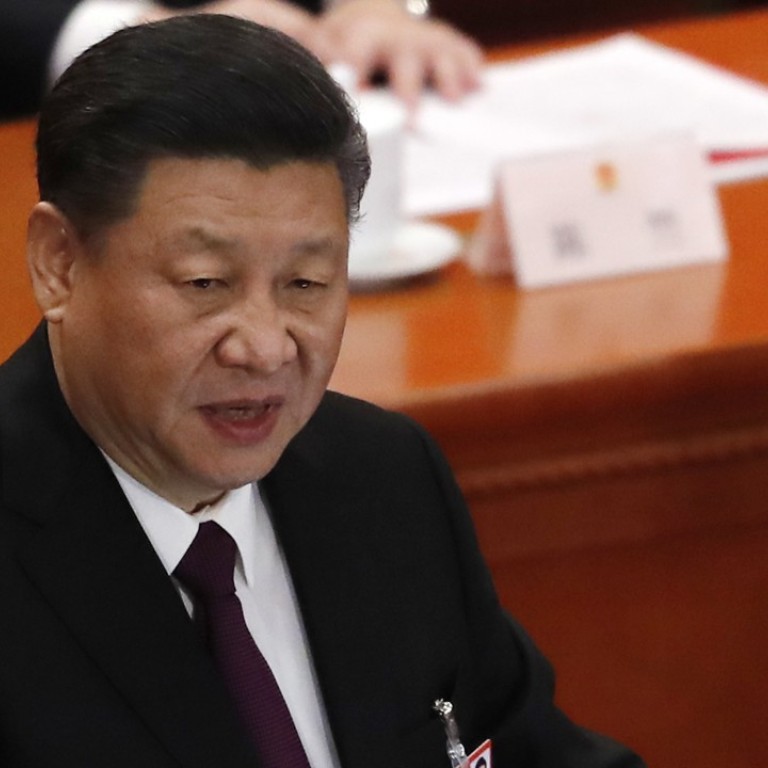
Chinese-made drugs must meet the highest standards
Latest scandal involving inferior vaccines has understandably raised the ire of the public and it’s no longer enough for officials to just cry foul; an overhaul of the pharmaceutical industry is needed
President Xi Jinping, on a trip to Africa, has responded forcefully to the latest scandal involving a major mainland pharmaceutical company, which led to sub-standard vaccines being given to children. Describing it as “appalling”, he has demanded a thorough investigation and transparency and called for the case to be the catalyst for fixing long-standing problems in the health care system. Such words and actions are necessary, with the revelations having caused outrage and panic. Only after a complete overhaul can product safety be ensured.
Shenzhen-listed company Changsheng Biotechnology was found during an unannounced inspection last week to have falsified data for its rabies vaccine, prompting a recall, cancellation of its licence for the drug and an investigation. It was the second major violation of rules by the company in eight months; a fine of 3.4 million yuan (HK$3.95 million) was announced by Jilin authorities last Friday for production in November of a batch of inferior diphtheria, tetanus and pertussis vaccine. The 252,600 doses were sold to the Shandong public health authority and although no cases of ill-health have been reported, the incidents have further eroded trust in a sector that has regularly been shaken by scandals. The revelations come as the 10th anniversary approaches of the melamine milk powder scandal, which led to the deaths of six babies.
Beijing’s efforts to push domestically made vaccines have been hit by the latest crisis and faith in the state drug regulator to clean up the industry shaken. An apology has been issued by the company, but that will not so easily turn around the fall in its share price. Trust in drugs depends on product safety and vaccines are perceived as being a matter of life and death. Parents are worrying afresh whether their children are at risk and those who can afford it are looking to foreign brands and even considering travelling to Hong Kong to get vaccinations, just as many still do for infant milk formula.
A mismatch between supply and demand is one key reason for this problem. Demand is so great that manufacturers struggle to meet supply, opening the door to unscrupulous practices. Huge amounts of money are involved, luring people eager to make a quick profit and enabling the buying-off of inspectors and other officials. Regulations that are not as far-reaching as those applied to drugs produced in the West mean lower standards.
The investigation will hopefully shed light on how the inferior vaccines were released for public use and harsh punishment given to violators. But that alone will not bring about confidence in the system; that can only arise with a full overhaul that ensures Chinese-made drugs meet high standards.

